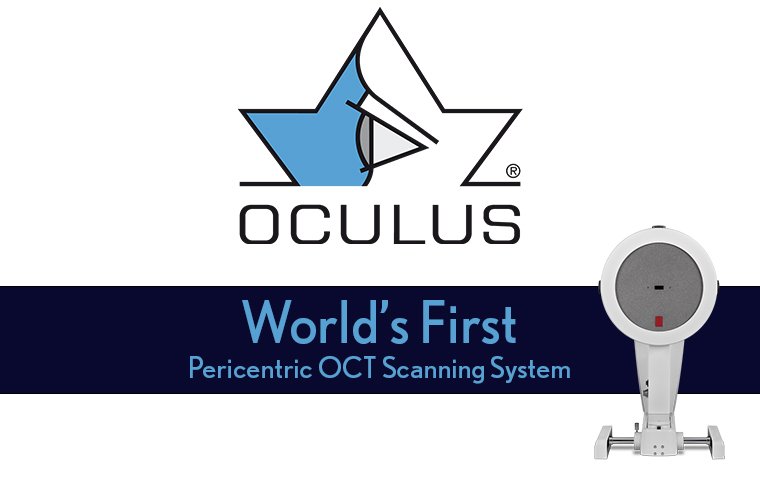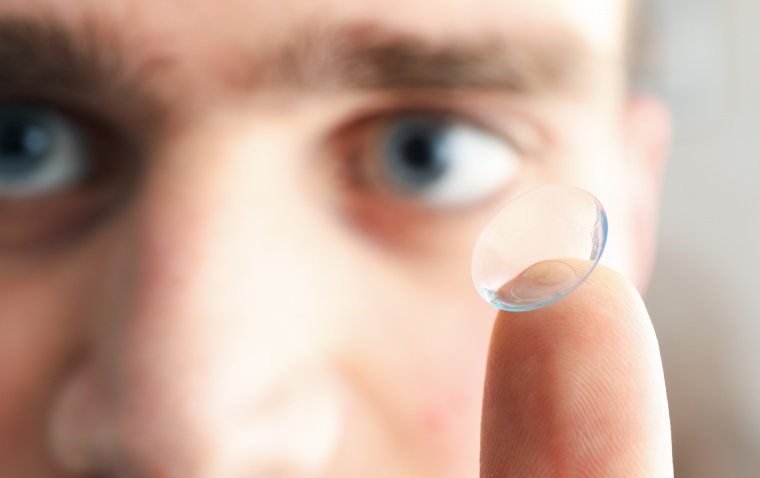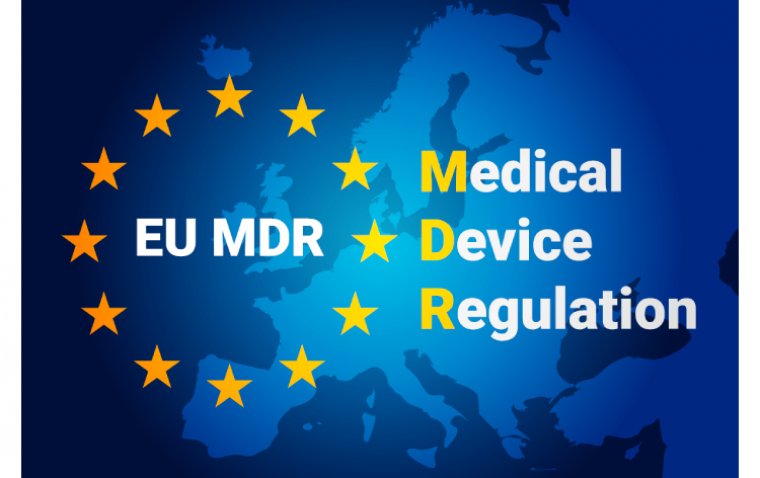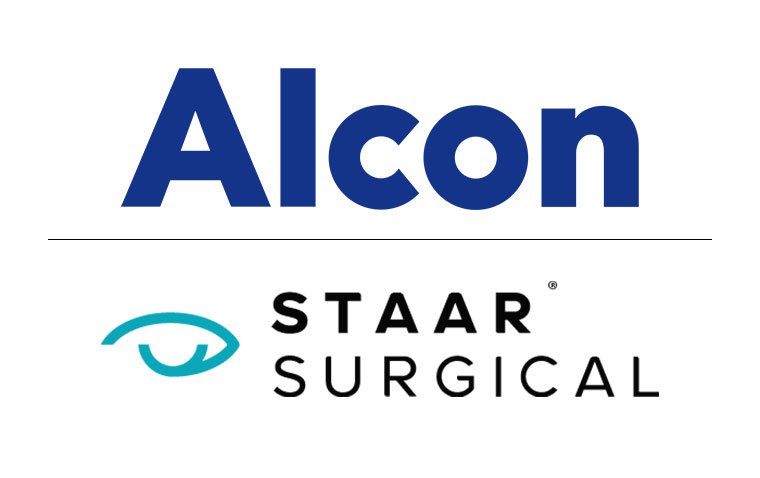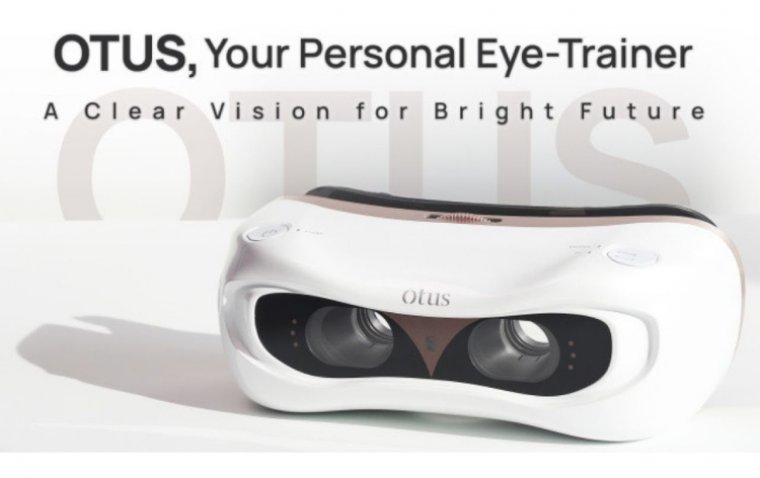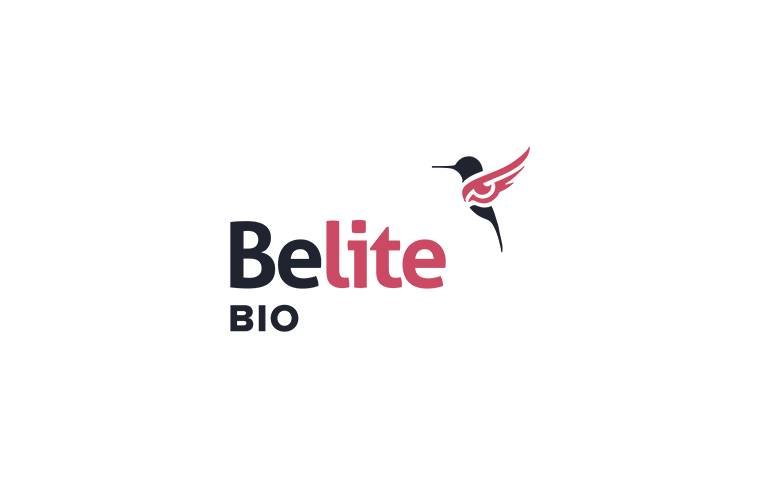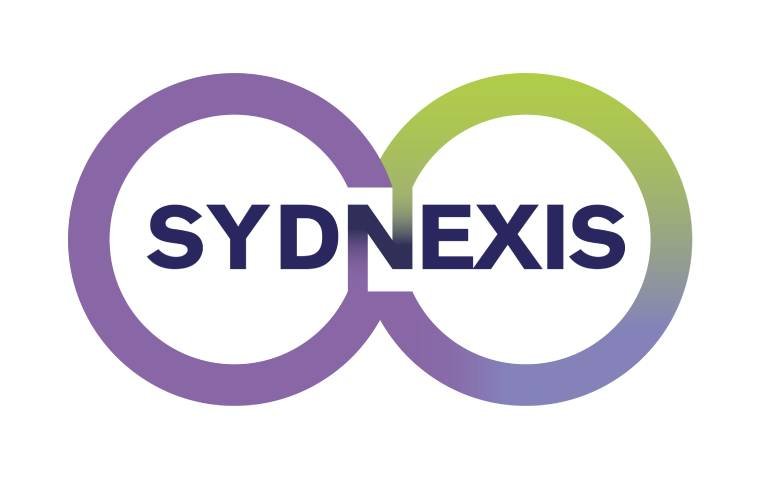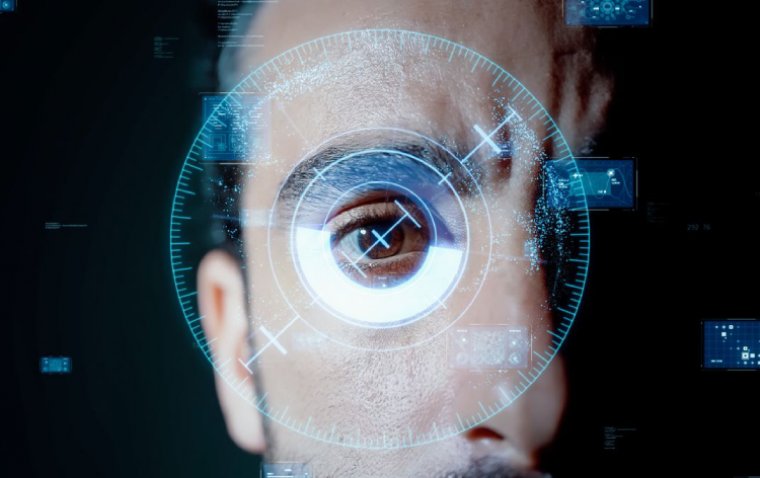
Researchers’ Groundbreaking AI System Set to Transform Eye Care
Researchers from Moorfields Eye Hospital and the UCL Institute of Ophthalmology have achieved a major milestone in artificial intelligence (AI) development. Their groundbreaking AI system, known as RETFound, not only excels in identifying sight-threatening eye diseases but also demonstrates the potential to predict broader health conditions like heart attacks, stroke, and Parkinson's disease.
To create RETFound, one of the pioneering AI foundation models in healthcare and the first in ophthalmology, the team harnessed millions of eye scans from the NHS. In a remarkable move for advancing global healthcare, they have decided to make this system open-source, freely accessible to institutions worldwide. This initiative aims to serve as a foundational cornerstone for the global endeavor to employ AI in detecting and addressing blindness. Their remarkable work has been documented in a publication in the journal Nature.
The world of AI is evolving rapidly, with the emergence of transformative "foundation" models, like ChatGPT, which leverage vast quantities of unlabeled data and can be finely tuned for various tasks. RETFound distinguishes itself by consistently surpassing existing state-of-the-art AI systems across intricate clinical tasks. Importantly, it addresses a critical limitation of many AI systems by performing effectively across diverse populations, including patients with rare diseases.
Senior author Professor Pearse Keane, affiliated with the UCL Institute of Ophthalmology and Moorfields Eye Hospital, expressed the significance of this achievement: "This is another significant stride in leveraging AI to revolutionize 21st-century eye examinations, both in the U.K. and on a global scale. While we highlight several exemplary applications for RETFound, its potential extends to hundreds of other sight-threatening eye conditions that remain unexplored."
"If the U.K. can combine high quality clinical data from the NHS, with top computer science expertise from its universities, it has the true potential to be a world leader in AI-enabled health care. We believe that our work provides a template for how this can be done."
Earlier this year, the U.K. government hailed AI foundation models as "transformative technology." The launch of ChatGPT in November 2022, a foundation model trained extensively on text data to create a versatile language tool, brought these models into the spotlight.
Breaking new ground in the field of ophthalmology, RETFound adopts a similar approach, but instead, it focuses on eye images. This world-first AI model has undergone training using millions of retinal scans, making it adaptable for a wide range of potential applications.
AI model development often faces a significant challenge in acquiring expert human labels, a process that can be both costly and time-consuming. The research paper highlights that RETFound achieves performance comparable to other AI systems while using as little as 10% of human labels in its dataset. This remarkable increase in label efficiency results from an innovative self-supervision method, wherein RETFound masks segments of an image and learns to predict these missing parts autonomously.
RETFound carries the potential to revolutionize the diagnosis of debilitating eye diseases, including conditions like diabetic retinopathy and glaucoma, while also offering predictive insights into systemic diseases such as Parkinson's, stroke, and heart failure. This groundbreaking application of identifying general health issues through the eyes is known as "oculomics," a term coined in 2020 by one of the paper's co-authors, Professor Alastair Denniston. The eye, often referred to as a "window" into our overall health, provides a non-invasive gateway to examine the nervous system. Understanding the intricate relationship between the eyes and the body is a pivotal step in tackling complex diseases and the broader challenges associated with aging.
Moreover, RETFound's versatility shines through in its effectiveness across diverse populations. Lead author Yukun Zhou, a Ph.D. student affiliated with UCL's Center for Medical Image Computing, UCL Medical Physics & Biomedical Engineering, and Moorfields Eye Hospital, noted, "By training RETFound with datasets representing the ethnical diversity of London, we have developed a valuable foundation for researchers worldwide to construct their own systems for healthcare applications, including the diagnosis of ocular diseases and the prediction of systemic diseases."
To equip RETFound with its extensive capabilities, the model underwent training with a meticulously curated dataset comprising 1.6 million images sourced from Moorfields Eye Hospital. This endeavor was made possible through the utilization of AI tools and infrastructure provided by INSIGHT, the NHS-led health data research hub dedicated to eye health, housed at Moorfields and renowned as the world's largest bioresource of ophthalmic data. The robust computing and AI capabilities of this hub trace their origins back to a 2016 research collaboration between Moorfields and DeepMind, now Google DeepMind.
Under the leadership of Yukun Zhou and Professor Pearse Keane from Moorfields and UCL, the research team has generously made the RETFound model freely accessible on GitHub. Researchers worldwide, including those in Singapore and China, have already leveraged RETFound in their pioneering investigations into eye diseases.
Reference
Yukun Zhou, A foundation model for generalizable disease detection from retinal images, Nature (2023). DOI: 10.1038/s41586-023-06555-x. www.nature.com/articles/s41586-023-06555-x
*Stay in the loop and make sure not to miss real-time breaking news about ophthalmology. Join our community by subscribing to OBN newsletter now.
(1).jpg)

